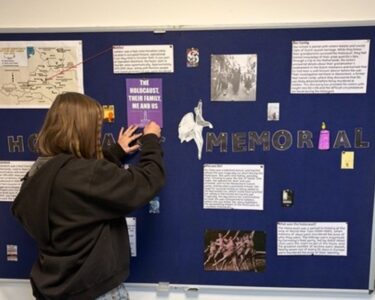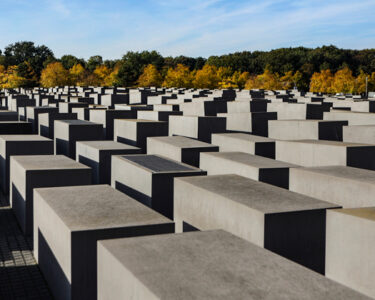Over the last year, the Centre for Holocaust Education has been conducting a major survey examining English secondary school students’ knowledge and understanding of the Holocaust. We have already received responses from 7,319 students at 72 different schools and intend to collect a further 800 responses from sixth form students before the end of October when this stage of our data collection will come to a close.
Most of these students completed an online version of the survey and a small number of paper copies were also used. Both sets of responses have now been input into SPSS – a computer assisted statistical analysis program – and our exploration of emergent findings has begun.
Early analysis indicates that the Centre’s research could play a pivotal role in informing future teaching and learning in this field. We have already been able to identify a number of potentially salient and perhaps surprising trends. For example, while our data indicates that students’ knowledge of the Holocaust tends to increase with age, it also highlights that certain misconceptions are prevalent across all year groups. And while a large proportion of students who participated were able to correctly recall when the Holocaust happened, only a minority accurately identified where it took place: more students appeared to believe that the largest number of killings of Jewish people took place in Germany than in Poland while Poland was in fact the site of all five of the major killing centres – Chelmno, Belzec, Sobibor, Treblinka and Auschwitz-Birkenau – and the country with the highest concentration of Jewish ghettos.
However, the research team are also keenly aware that even the most carefully constructed survey can only offer a partial perspective. And so, since early June, we have also been conducting focus group interviews in order to expand upon and add both depth and nuance to the overarching portrait of student knowledge and understanding that our statistical analysis is beginning to reveal. To date, more than 200 students at 18 different schools have shared their thoughts and perspectives with us in this manner. We are very appreciative of these students’ participation, and to all those who took the time to complete the survey as well as the teachers who kindly invited us into their schools. None of this research would have been possible without them and so a big thank you to all involved.
Image © Olivia Hemingway



